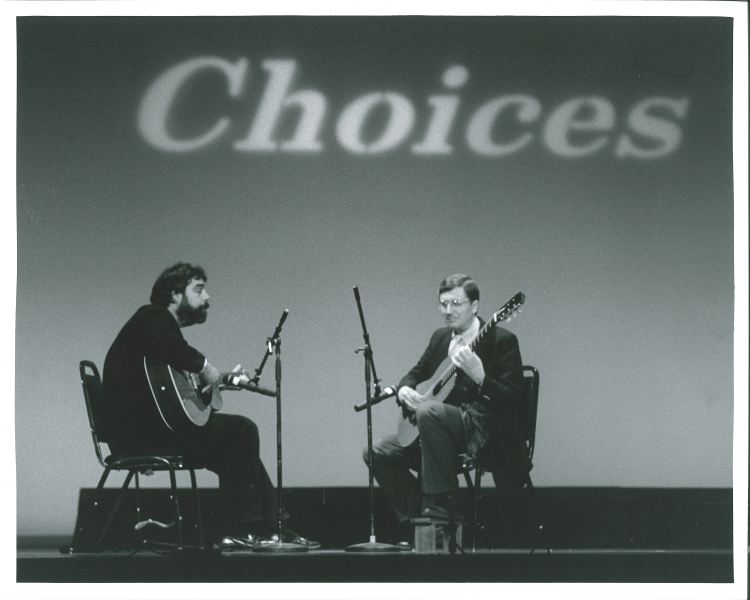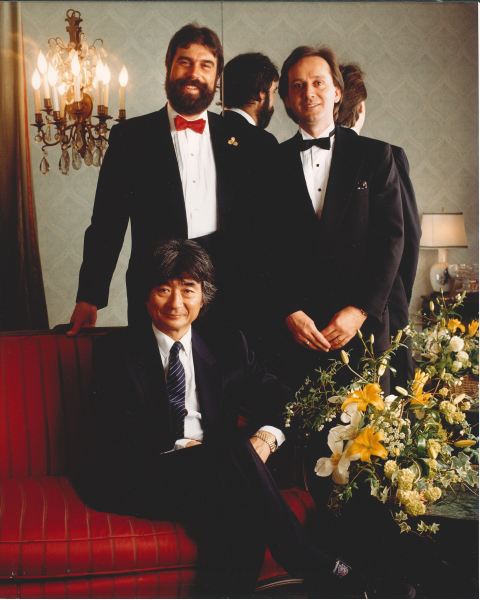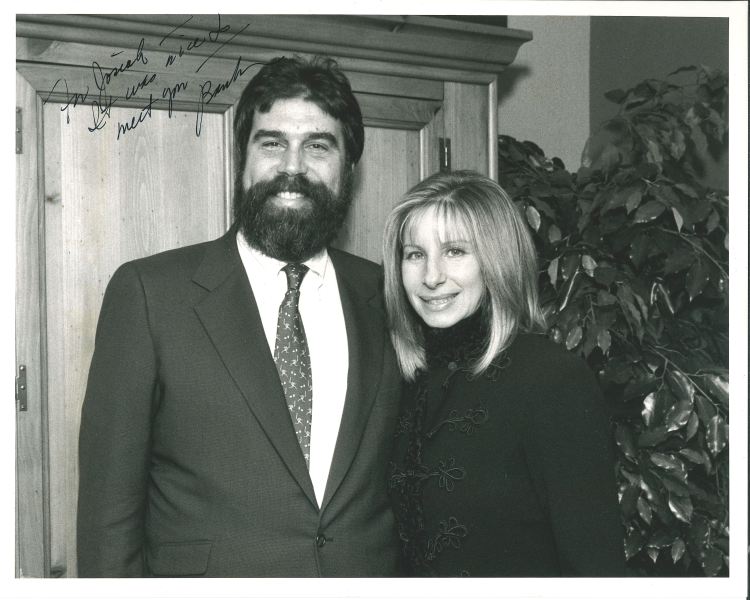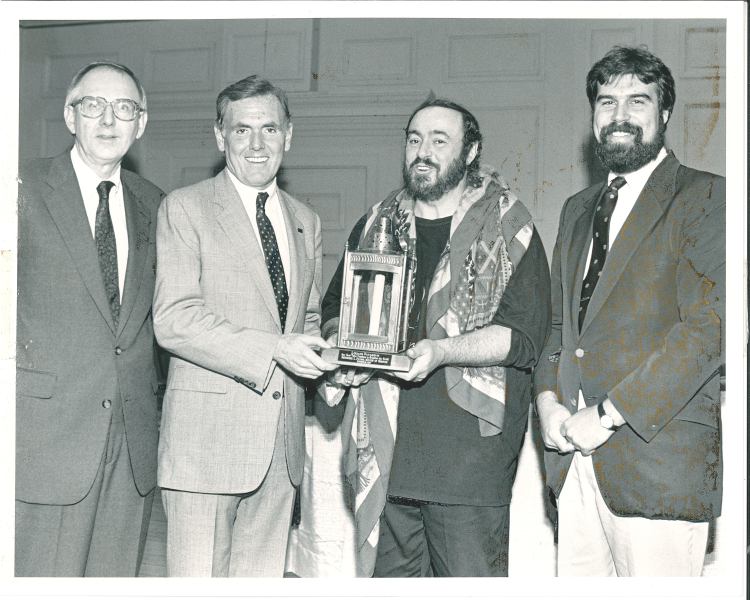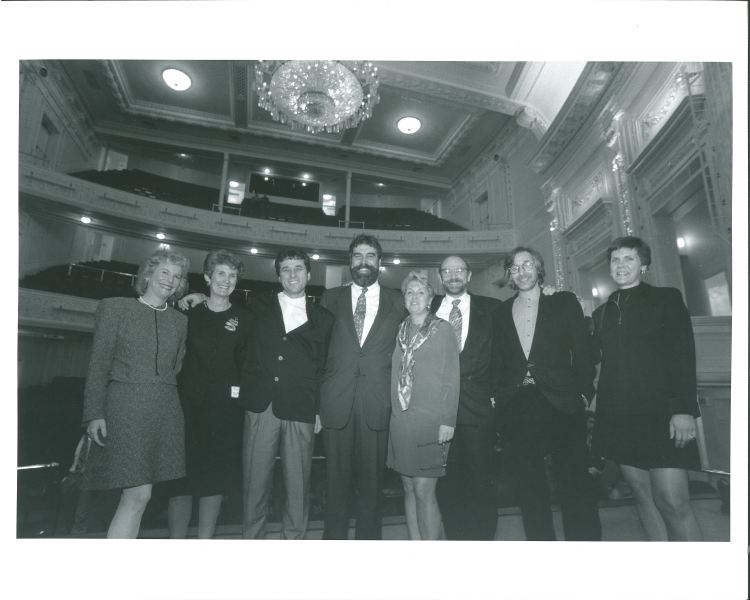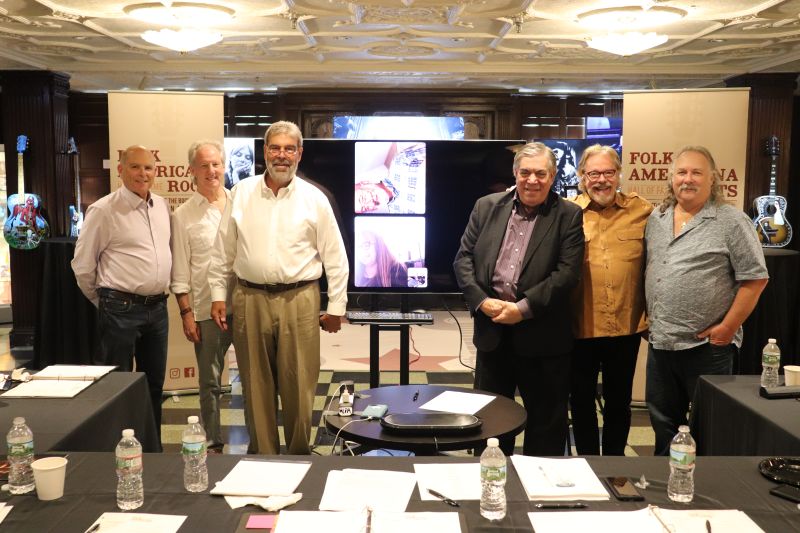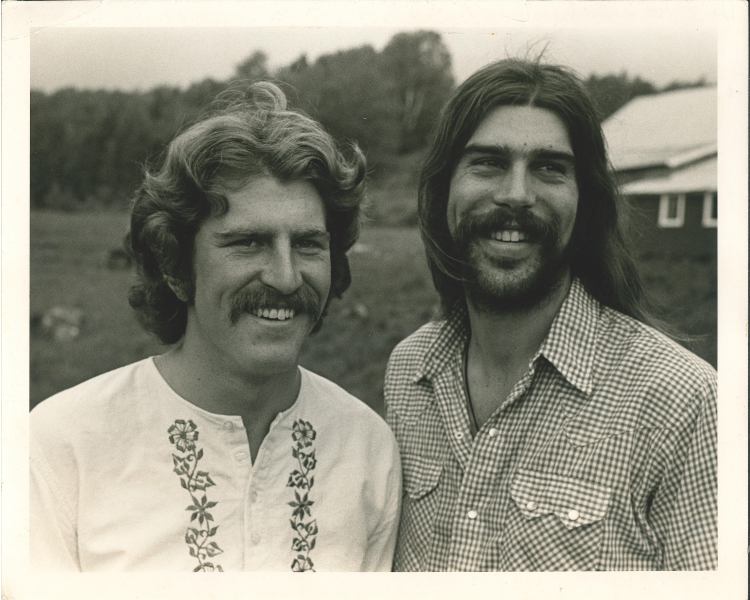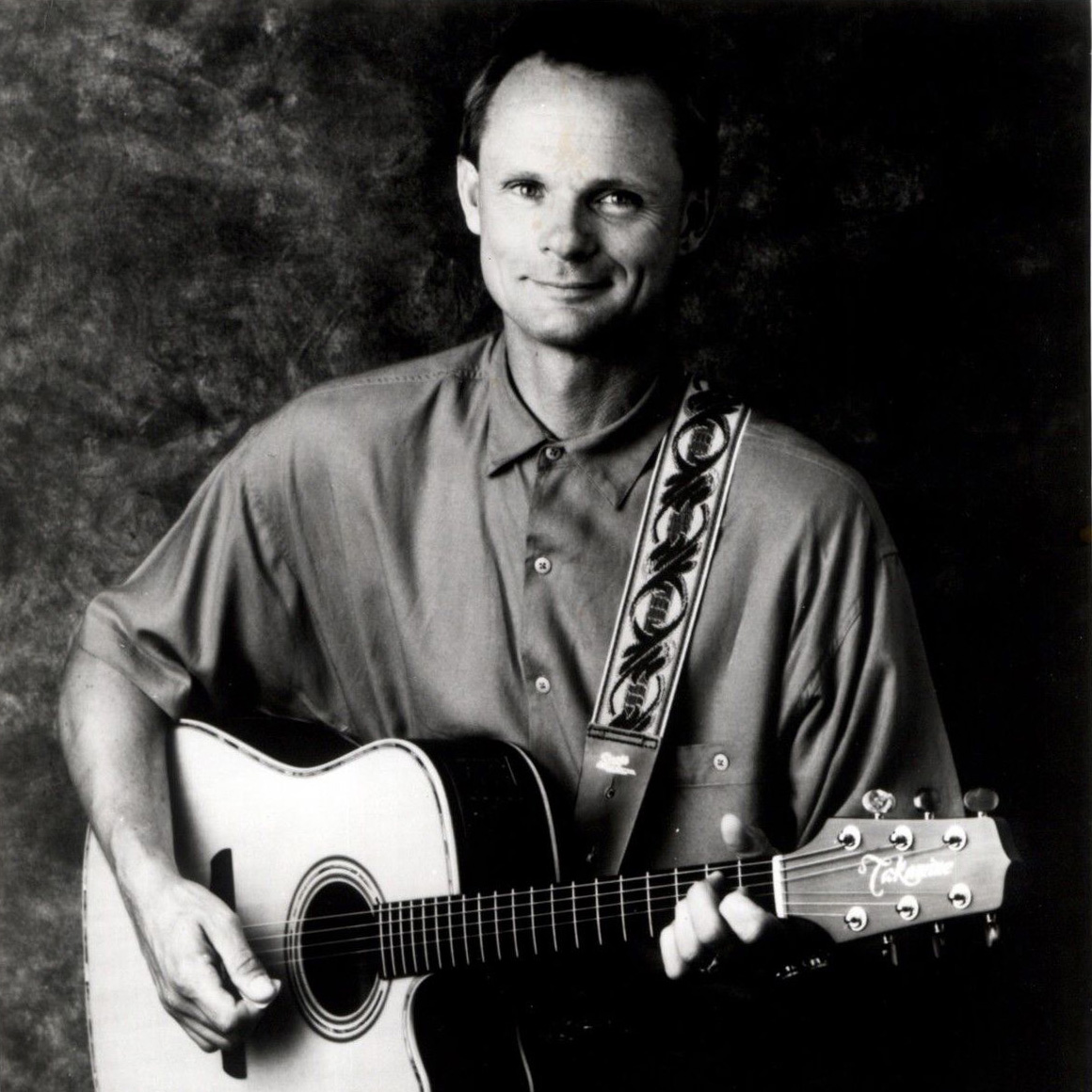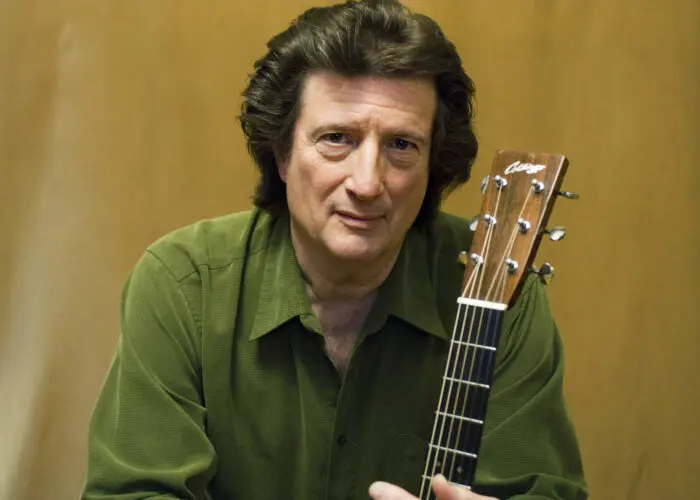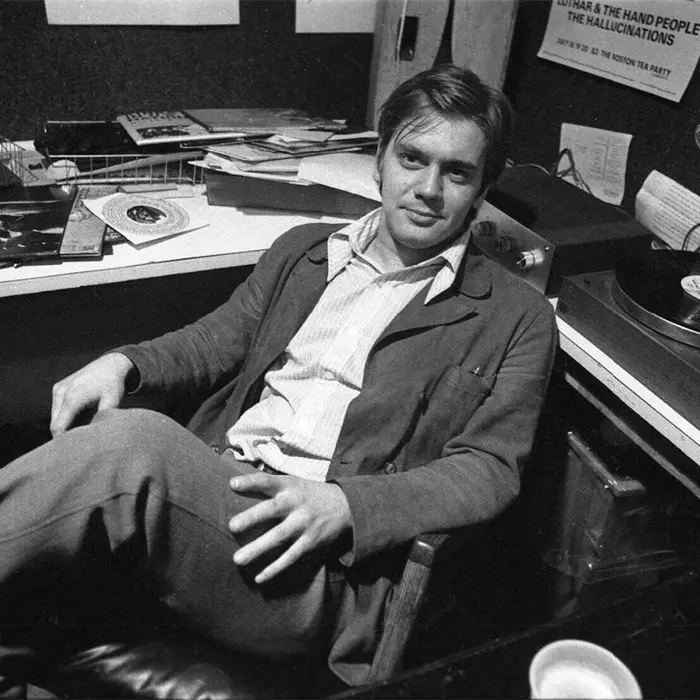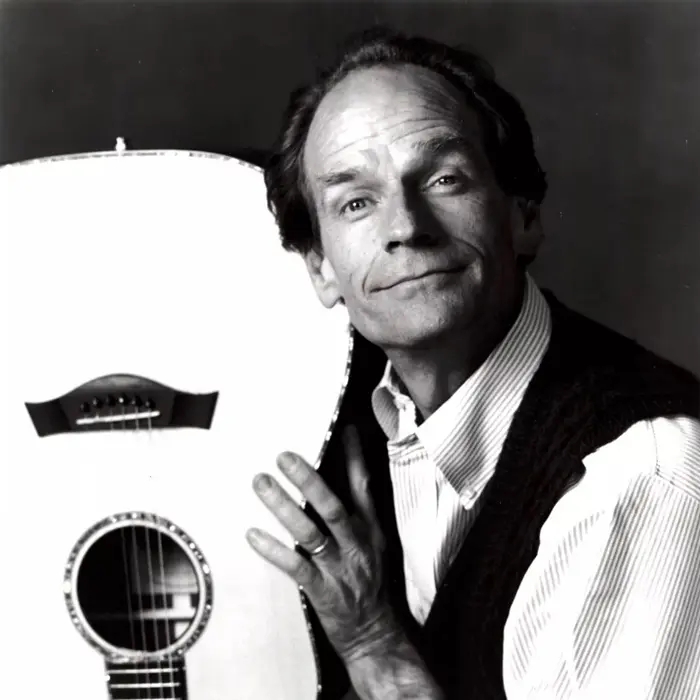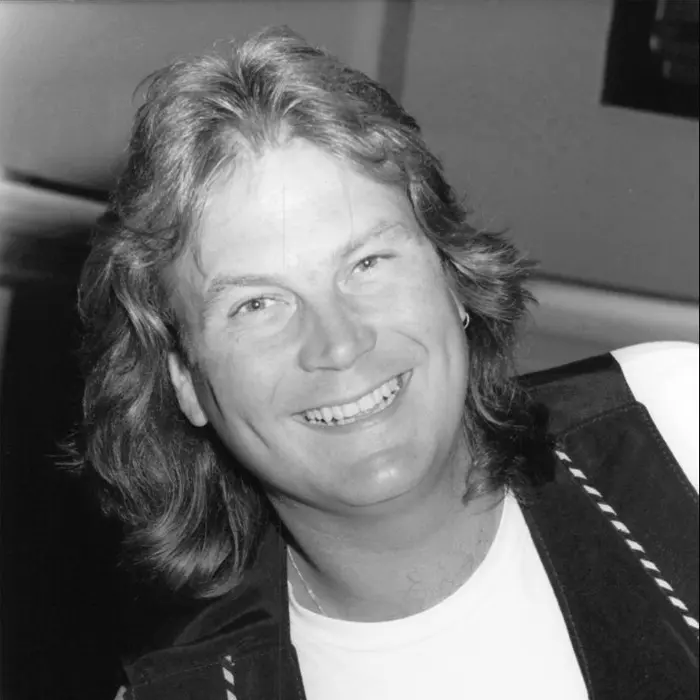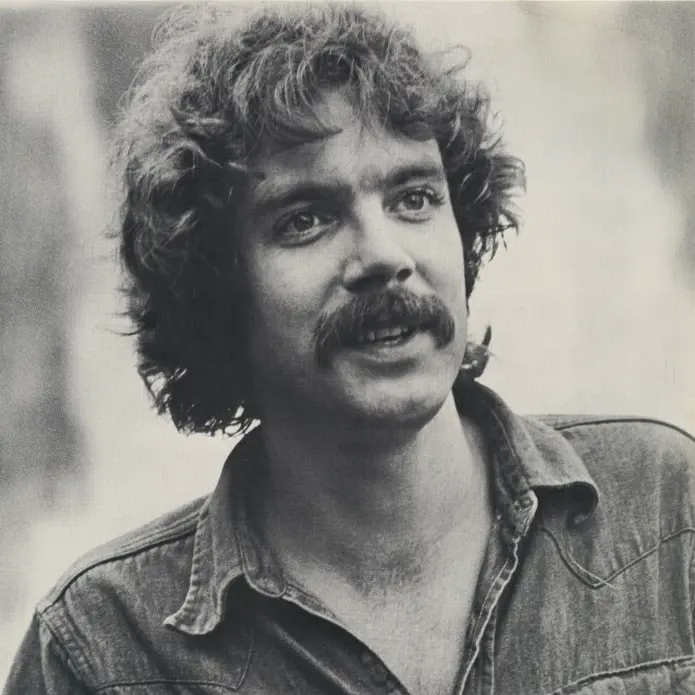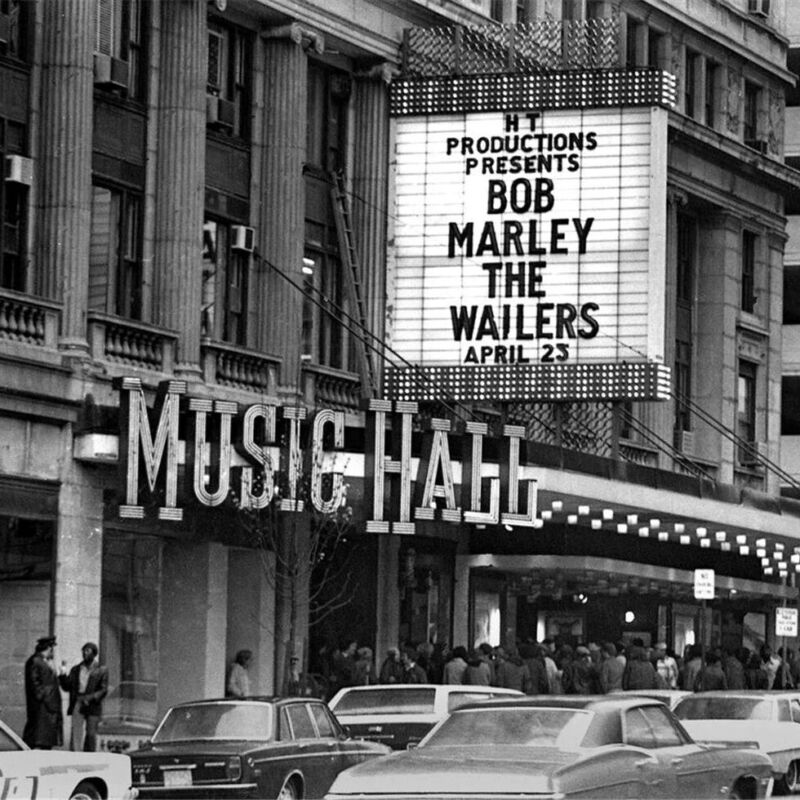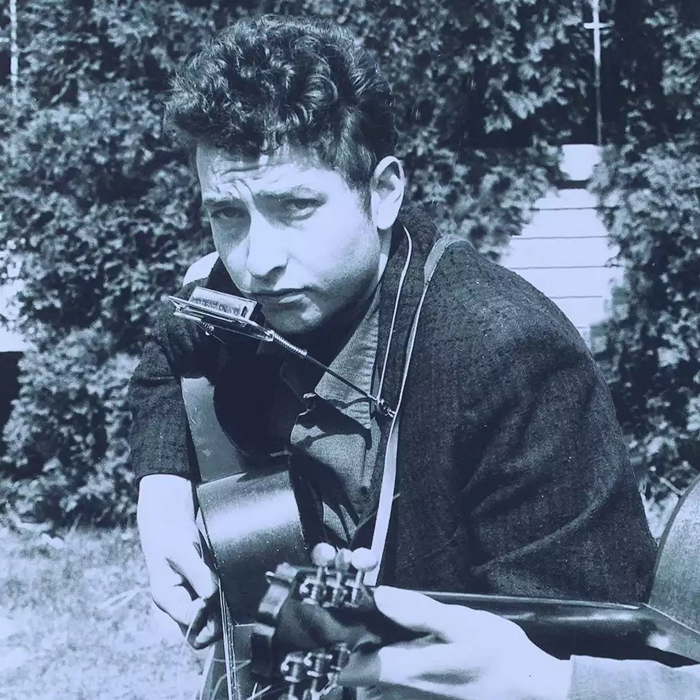Joe Spaulding
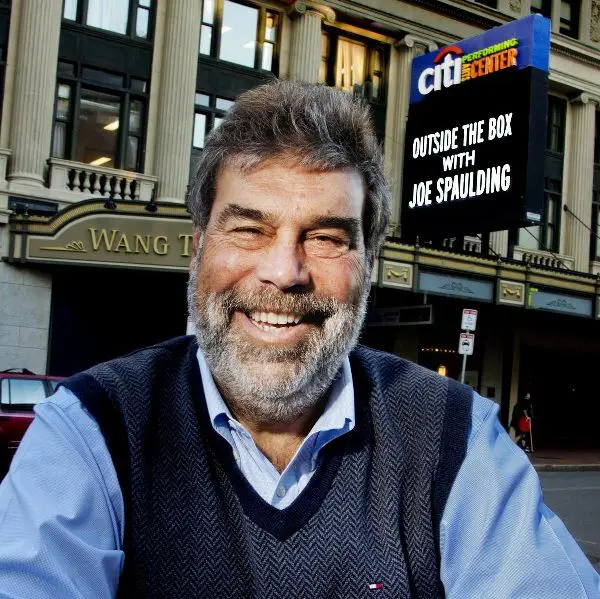
He’s got a motto: “The arts keep us a civilized society.” He’s got a platform: for 36 years, the CEO of one of the most venerated live entertainment venues in America. And he’s got a mission: to detail the key role that Boston and the New England area have played in the evolution of popular music and to enshrine that story within the walls of his theaters. His name is Josiah (Joe) Spaulding, CEO of the Boch Center and one of the most beloved figures in our national arts community.
MUSICAL BEGINNINGS
Spaulding took the journeyman’s path to his eventual role as an entertainment impresario. Though a three-sport varsity athlete through his high school years, he found time to teach himself guitar and piano. He was in Newport, Rhode Island, in the summer of 1965, wandered into the folk festival there and witnessed Bob Dylan unveiling his plugged-in/electric side. But it was his attendance at a Tom Rush solo show around that time that set his course. Watching the artistry of one man with one guitar left Spaulding thinking, “That’s what I want to do.”
By the time he started at Bowdoin College in 1970, the guitar was winning the wrestling match between his music and his sports. He stole time from football and hockey but kept active enough in lacrosse to be named a two-time All American. He formed The Winhall Hollow Band whose lineup included his brothers, cousin and friends. They became regionally popular and by his senior year, Joe had snagged a record deal. Shortly after his graduation he recorded his first album, Josiah Spaulding.
SAIL RECORDS, RCA
The next few years were a crash course in the rigors of touring. For all of the highs, there are inevitable lows. But he was learning about the industry and the various roles played by managers, record label executives, booking agencies and venue operators. When topping the Billboard charts began to feel like a bridge too far, Spaulding decided to wrap up that chapter and begin a new one that would keep him involved with the music he loved: He started his own record label, Sail Records.
His vision was that Sail be more than just the record label; he wanted it to offer artist management, booking and music publishing, too. He set out to find great talent, help them hone their skills and build a fan base on the road, then put them in the studio to make recordings of high enough quality to be sold to a major label. After he secured a distribution deal with the rapidly expanding Rounder Records, he put the model to work.
Spaulding took a particular interest in Robert Ellis Orrall, who achieved mid-level success as a singer/songwriter in Boston and is now a highly successful songwriter and producer in Nashville. Perhaps his biggest score was to sign guitarist and songwriter Peter Green shortly after he left his spot in Fleetwood Mac. Green recorded the album In The Skies on the label (on green vinyl, no less, an industry first), an event that taught Spaulding another lesson about the music business. It goes something like, “given how long it takes for the label to get paid for record sales when you’re waiting for the stores to pay the distributor so the distributor can pay you, the label has to go deep into its own pockets to keep supplying demand for a popular record.”
Having learned some lessons about the challenges that success presents to young labels, Spaulding felt like it was time to explore other aspect of the business. He sold Sail Records to a division of RCA and stayed on with the label for a few years of transition while plotting his next act.
DON LAW COLLABORATION, GREAT WOODS
Through his years of touring and time leading Sail, Spaulding had come to know the New England booking powerhouse Don Law, who, in addition to booking national acts into venues around New England, had begun managing acts like Livingston Taylor. Law brought Spaulding in to help with that, beginning a professional and personal relationship that continues to this day. Spaulding describes Law as one of his mentors.
Together they developed a plan to build outdoor entertainment venues and acquire radio stations around the country, bringing those critical complimentary industries “in house.” Spaulding played a leadership role in the planning, construction and launch of the Great Woods Center for the Performing Arts (now Xfinity Center) in Mansfield, Massachusetts, which over time became one of the busiest venues in New England. His previous experiences had convinced him that in order to be successful, a large venue had to offer a diversity of entertainment, in this case folk, rock, country, classical and dance. To prove the point, the opening performance at Great Woods in the summer of 1986 was Michael Tilson Thomas with the Pittsburgh Symphony Orchestra. There were plans on the drawing board for similar amphitheaters in Georgia, Florida and elsewhere.
WANG CENTER, ARTS-EDUCATION INITIATIVE
Just as that vision was becoming a reality, a new door opened for Spaulding. A recruiter who was representing the board of a venue in Boston’s theater district, the Wang Center, approached him about becoming its next chief executive officer. Built in 1925 and initially named the Metropolitan Theater and then Music Hall, the Wang (renamed again after a gift from An and Lorraine Wang) was both steeped in history and mired in debt. And the beautiful bones of this historic early-20th-century European-style opera house were in need of fortification and grooming. While initially reluctant, given the persistence of the board and a desire to play a central role in turning things around, Spaulding accepted the offer in the fall of 1986.
His presence was quickly felt. While respecting the venue’s emphasis on opera and ballet, he implemented a program of diversity. He brought in rock and other musical acts, Broadway shows and modern-dance troupes. At Great Woods, Spaulding had created community outreach programs with Wheaton College and other institutions. Continuing to insist that “the arts matter,” he established a nonprofit arts-education initiative that now includes the City Spotlights Leadership Program, Teen Council, Target Arts, Interactive Readings Stories Alive and Ticket Access. He and his team were early to adopt next-generation technologies into the operations, becoming one of Ticketmaster’s first online ticket-purchasing partners.
SHUBERT THEATRE, THE BOCH CENTER
In 1996, the Shubert Theater was added to the family and, following a gift from the Boch family, the combined Wang/Shubert entity became known as The Boch Center. Spaulding and his team returned the theatres to financial and artistic solvency, but Covid-related shutdowns hit the live entertainment industry squarely in the solar plexus and both were forced to close between March 2020 and September 2021. During that time, Spaulding became a vocal advocate for support of the arts at the national level and instituted a number of innovative programs that kept music and the performing arts in people’s lives.
One example was the Ghost Light Series, which featured artists including Tom Rush, Noel Paul Stookey (of Peter, Paul and Mary), Jonathan Edwards, Chris Smither and others performing acoustically – no mics, no amps – into an empty Wang Theatre. An NBC affiliate picked up the series and broadcast it across New England.
FOLK AMERICANA ROOTS HALL OF FAME
As Covid restrictions lifted and international acts began returning to theaters, Spaulding had a final act of his own; spearheading the creation of the Folk Americana Roots Hall of Fame (FARHOF), housed in the Wang Theatre. The Hall celebrates the history of folk, Americana and roots music through displays, memorabilia, artifacts, multimedia, lectures and concerts and since Boston has been the birthplace of many musical artists and styles, it’s a very fitting home.
As a capstone to a career of more than 50 years that has involved every aspect of making and presenting music to the world, Spaulding describes the vision for FARHOF like this: “There are living artists today who have penned the songs that will forever be staples in the songbook that defines the last century. They will be remembered a century from now. This is to be their Hall of Fame, and we will bring them to Boston to perform in it. There are artists past whose songs will forever be in that same songbook. This is to be their Hall of Fame also, and we will celebrate them in it. And there are the music lovers who provide the oxygen these artists breathe, and this is to be their Hall of Fame. We will entertain and thank them in it.”
That seems quite a fitting way to apply his passionate mantra, “The arts keep us a civilized society.”
(by Chuck McDermott)

